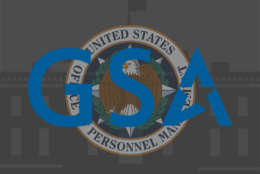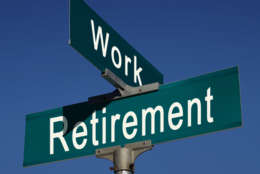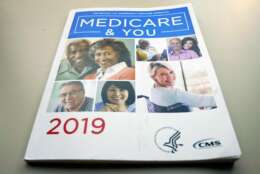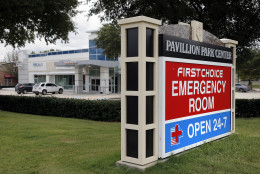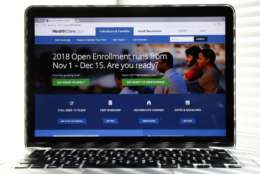Federal Employees Health Benefits Program
-
The inspector general at the Office of Personnel Management said the uncertainty surrounding the agency's proposed merger with the General Services Administration is continued concern headed in 2020.
December 03, 2019 -
You can’t be covered by any of the FEHBP plans unless you were enrolled in one — as in paying premiums — for the five years prior to retirement.
December 02, 2019 -
Interested in a health plan that would give you $1,000 to $2,000 a year for staying healthy?
November 27, 2019 -
Savvy single federal workers looking for both love and a low-cost health plan can kill two birds with one stone during the health insurance open season. With careful planning and a little luck, they may…
November 18, 2019 -
Jagger Esch, President & CEO of Elite Insurance Partners & MedicareFAQ.com, clarifies how Federal Employee Health Benefits and Medicare work together.
November 14, 2019 -
Unexpected things happen, and if that means a major medical emergency and you don’t have the right FEHB plan, you could be in big-time trouble.
November 14, 2019 -
If wasting a couple-thousand dollars next year is no big deal to you, you can skip this.
November 13, 2019 -
In today's Federal Newscast, Open Season is underway and the Office of Personnel Management says it has updated its tool for participants to compare plans.
November 12, 2019 -
Planning on enrolling in the Federal Employee Health Benefits Program after retirement? Ever hear of the 5-year rule? Many haven’t. Until it’s too late.
November 08, 2019 -
One of the key questions facing those eligible for Medicare is should they take part B and pay its premiums in addition to one of the Federal Employee Health Benefits Program plans?
November 04, 2019 -
Uncle Sam will spend a small fortune over the next couple of months making it easier for 2.8 million government workers to get the best health plan next year for the fewest amount of premium dollars.
October 31, 2019 -
Federal workers and retirees are awash in numbers today, some solid, some still forming up. The final total will determine in large part what kind of financial future they have.
October 11, 2019 -
Fast approaching is the health benefits open enrollment period from Nov. 11-Dec. 9, when workers and retirees should shop carefully for the best deal for them and their families.
October 09, 2019 -
It's very likely, especially if you haven’t changed plans in the past few years or are retired, that you are paying more in premiums than necessary.
October 08, 2019 -
Nobody likes to pay more for anything. But is it possible that the Federal Employee Health Benefits Program isn’t the ripoff many think it is?
October 04, 2019

